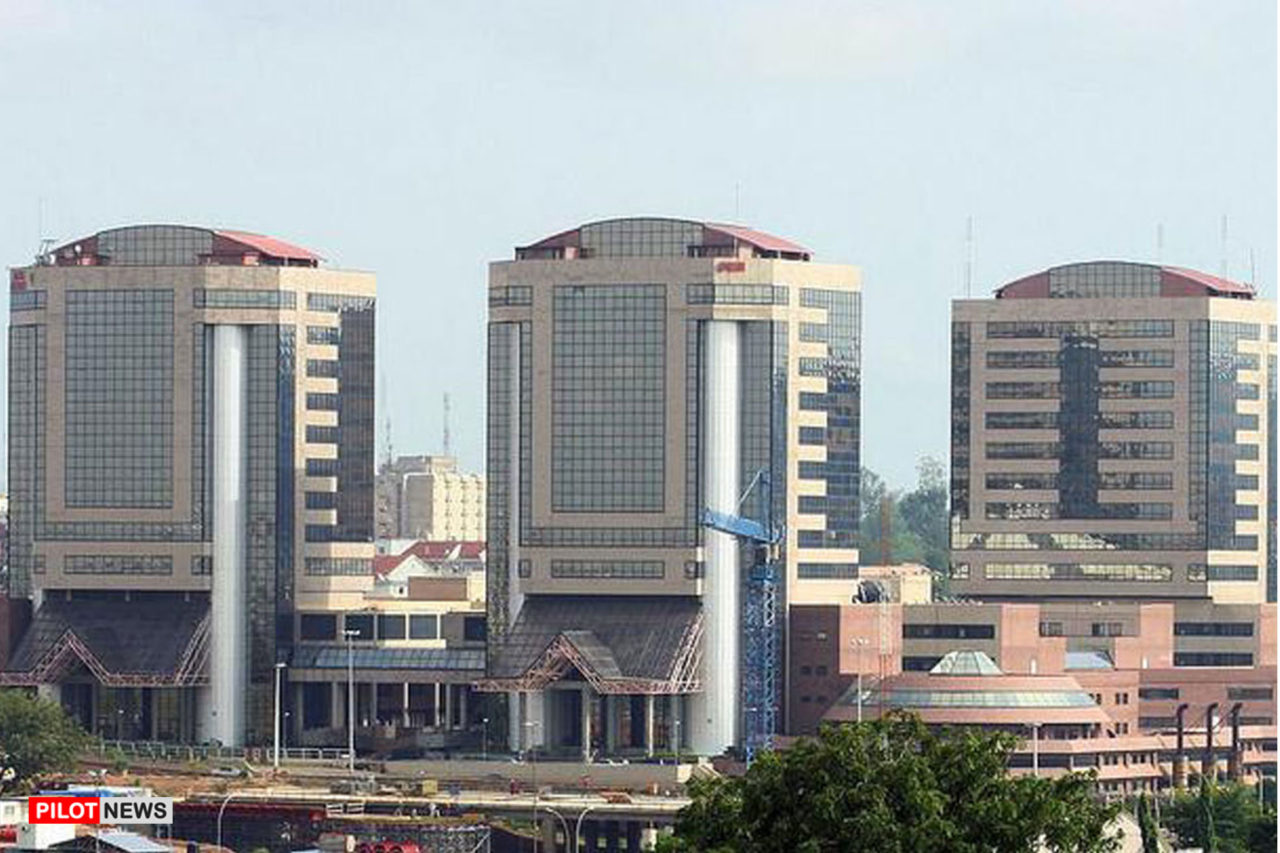To unravel the discrepancies in the importation and supply of Premium Motor spirit (PMS), the House of Representatives is seeking a forensic audit of the Nigeria National Petroleum Corporation Limited (NNPCL) also known as fuel from 2015 to date.
According to the House ad-hoc committee, the volume of fuel consumed daily in the country, will give clarity to the Direct Sale, Direct Purchase (DSDP) programme and the consortiums of DSDP operators.
The committee which report was considered and adopted at plenary on Tuesday, found that there were no data to arrive at the daily consumption of PMS as records or information on the daily dispense at the various retail outlets/fueling stations are not readily available.
The ad-hoc committee chaired by Abdulkadir Sa’ad Abdullahi (APC, Bauchi) extracted information from the NNPCL submission in comparison with the Nigerian Midstream Downstream Petroleum Regulatory Authority (NMDPRA), the Nigerian Upstream Petroleum Regulatory Commission (NUPRC), the Nigerian Navy (NN) and Nigerian Customs Service (NCS) relating to the crude oil lifted under the DSDP programme operated by the NNPCL within the period of Year 2016-2021.
It discovered that the sum total of 974,550,000 Barrels (BBL) of crude was designated as the domestic quota for the year 2016-2021 available for the DSDP programme, from the record of NUPRC.
“The total sum of crude lifted under the DSDP programme within 2016-2021 from the record of NNPCL was 738,759,194 (BBL) while record from the NUPRC indicates a sum total of 733,260,525 (BBL), with a difference of 5,498,669 (BBL) when compared with the NNPCL record.
“The record from the NMDPRA indicates a sum total of 732,319,016 (BBL), with a difference of 6,440,178 (BBL) when compared with the NNPCL record.
“The record from the NN indicates a sum total of 989,562,195 (BBL), with 250,803,001 (BBL) in excess, when compared with the NNPCL record, and the record from the NCS indicates a sum total of 498,647,923.31 (BBL).”
The committee noted that the daily average of PMS supply within the year 2017 to 2022 as presented by NMDPRA was at variance with the other stakeholders such as the NNPCL, NN and NCS.
It also found that there are 242 depots approved for operations in Nigeria, 143 received fuel from 2017-2022 while six of them received the product within the period they are not on the list of depots approved for operation in Nigeria.
The committee said some of the depot owners are gradually closing down their investment, due to the harsh and unhealthy economic conditions under which, they are constrained to operate.
The panel cited delay: “Delay in the supply of the PMS by the NNPC/PPMC after payment. The delay, consequently resulted into huge accumulated interest on the loan obtained from banks by depot owners.
“Indiscriminate offer of credit sales by NNPC/PPMC to selected Depot owners, thereby creating unfair platform for competition; indiscriminate access to foreign exchange by selected marketers, while others are compelled to patronise the parallel market to obtain their Forex in spite of the huge significant difference, thereby creating unhealthy rivalry in the industry.”
The committee said the over 5,000 km network of pipeline connecting the federation, which is deemed to be the cheapest and the safest means of transporting or distributing petroleum products has been abandoned due to theft, vandalism and economic sabotage.
It also noted that a truck distributing PMS conveys an average of 41,000 litres contrary to the regulated quantity of 33,000 liters, adding that the sum total of 66,703,905.72 liters estimated as the daily average supply of PMS in 2022 by NMDPRA, it will require an average of 1,519,4 trucks moving between locations on a daily basis.
The committee said the Nigeria Custom confirmed several interceptions of trucks and persons with jerry cans trying to smuggle PMS across the Nigerian borders but could not ascertain the quantity.
It stated that the sum total of 22,679 retail outlets/filling station are currently approved by the NMDPRA for operation in the country but the authority has no record indicating that a certain volume of PMS were discharged to a particular retail outlet/fueling station or dispensed.
The committee said upon thorough scrutiny of the records of various stakeholders, the total volume of PMS supplied in 2022 is put at 24,346,925,589 liters or less, which is in tandem with the record of the NMDPRA while the daily average was put at 66,703,905.72 liters or less.
It called for the full implementation of the Petroleum Industry Act, 2021 which was contemplated to provide and address the challenges and the uncertainties within the oil and gas industry including but not limited to the supply, storage and distribution of PMS in Nigeria.
The committee also: “charge the NMDPRA with the responsibility of utilising, the use of information technology (IT) to monitor, trucks
conveying premium motor spirit (PMS) within locations and compel through similar technology a daily data report on the dispense of the product at all Retail Outlets/Fueling Stations, by making it a condition precedent for their continued operation.
“Charge the agencies of Government, such as the Federal Ministry of Petroleum Resources, the Office of the Accountant General of the Federation (OAGF), Nigerian Port Authority (NPA),
Nigeria Maritime and Safety Agency (NIMASA), National Bureau of Statistics (NBS), with the responsibilities of maintaining an independently generated data relating to their core mandate/jurisdiction.” the committee added.
- FG moves to secure natural resources, as presidential committee meets service chiefs - January 25, 2024
- Kogi govt pays JAMB registration fees for 15,033 public school students - January 24, 2024
- Edo Guber: APC debunks aspirants screening disqualification rumours - January 24, 2024


